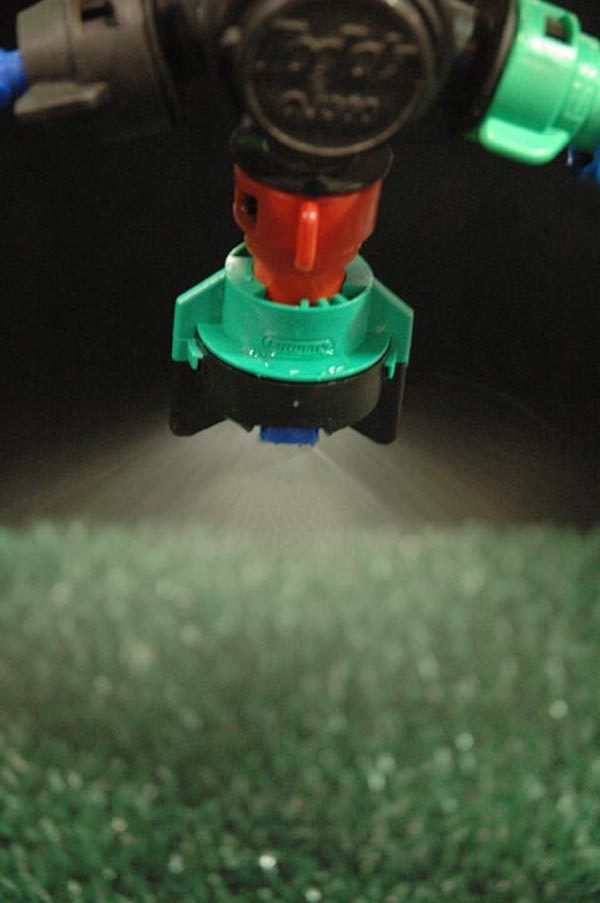January 7, 2014

Your corn and soybean fields may have new neighbors that increase your risk of pesticide drift liability. High-value, specialty crop production has exploded throughout the Midwest with wineries, market gardens, orchards and organic farms replacing or supplementing conventional farm fields. Add the complexity of soon-to-be introduced dicamba and 2-4,D chemistries, and liability risk jumps again. Unfortunately, existing insurance may not be sufficient if a problem occurs.
"Insurance companies often have a pollution exclusion that they claim eliminates general liability and umbrella coverage for spray drift," warns Jean Sieler, Robison, Curphey & O'Connell, LLC. The Toledo, Ohio, attorney has represented farmers with damaged crops in Michigan and Ohio. "Even if the policy covers drift via a specific rider, typically with a specific coverage limit, it may be an 'eroding' rider that allows them to deduct their legal costs. By the time you get ready to settle, attorney fees may have consumed your policy limit."
She warns that claims can mount quickly in multi-year or perennial crops. Even an annual crop like tomatoes can get expensive, as the contracting processor may claim losses in addition to the farmer. In the case of crops like grapes, claims may include cost of restoration and lost production for multiple years.
"We have had a farmer's portion of a settlement reach six figures," she adds.
"Most farmers are underinsured," says Ted Feitshans, J.D., Extension associate professor, Agricultural and Resource Economics, North Carolina State University, has studied farm-pesticide liability around the country. He notes that the damaged party may pursue the landowner even if a custom applicator was used. "You have to do due diligence. Has the applicator had previous or pending violations? Does he carry liability insurance, and are you listed as a third party insured under his insurance if he contracts with you? If a settlement exceeds policy limits, farm assets can be required to pay the judgment."
Like what you're reading? Subscribe to CSD Extra and get the latest news right to your inbox!
Feitshans advises you to review the farming operation and coverage with your agent. "Make sure you understand all of your policy provisions," he says. "Identify each area of risk and the provision that covers it. Be sure that coverage isn't superseded or taken away by another provision. "
Review state law as it pertains to pesticides and drift, or consult with an attorney that understands pesticide law. Feitshans notes that laws vary from state to state. For those operating across state lines, be sure your insurance is in line with both states' laws.
About the Author(s)
You May Also Like




